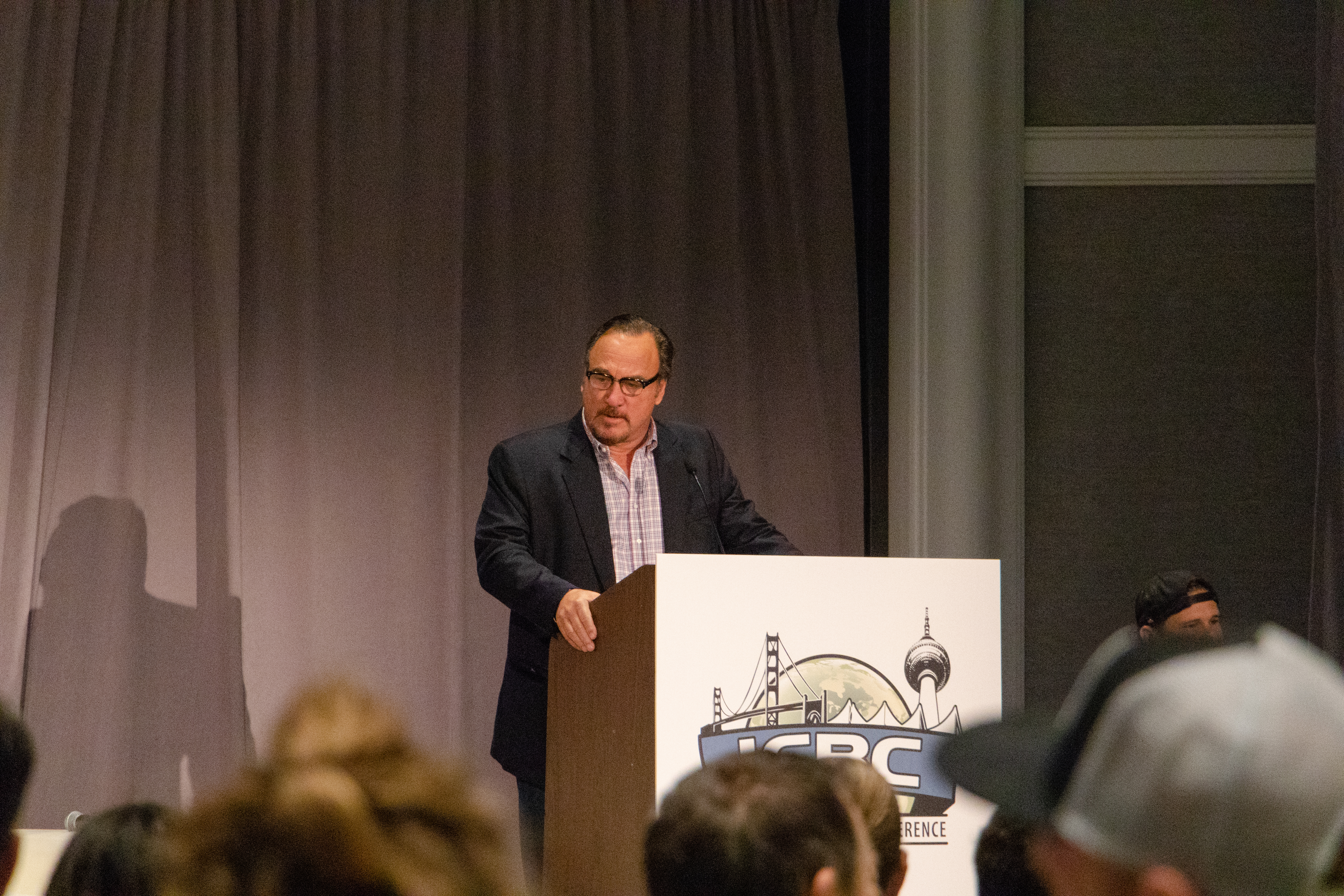The state of Oregon, by way of timber tax dollars, have funded a pro-timber industry group for decades, propping up a state-sanctioned lobbying arm of Big Timber. Thankfully, state lawmakers have moved to change that with Oregon House Bill 2357.
Since its creation by the Oregon Legislature in 1991, the tax-funded Oregon Forest Resources Institute (OFRI) has seen no shortage of skepticism regarding its cozy relationships with timber industry insiders. However, an August 2020 investigative report co-produced by ProPublica, The Oregonian and OPB and written by journalists Rob Davis and Tony Schick revealed just how entrenched these relationships have become.
Purporting itself to be an organization “dedicated to advancing public understanding of forests, forest management and forest products,” OFRI has now been foisted into the spotlight due to Davis and Schick’s allegations that it has been acting as a “de facto lobbying arm of the timber industry,” an accusation that suggests OFRI has been leveraging its public trust to push a pro-timber agenda, science or public interest be damned.
This should give all Oregonians pause. However, lawmakers have proposed a solution; H.B. 2357 presents a clear path toward finally reigning in an organization that may have become a bit too familiar with the timber lobby.
The bill, sponsored by State Representatives Andrea Salinas (D–Lake Oswego) and Paul Holvey (D–Eugene), as well as Senator Jeff Golden (D–Ashland), effectively defunds much of OFRI’s current operation and shifts funding management to the purview of the State Board of Forestry.
While some would decry this legislation as a bridge too far, it has been long overdue.
As detailed in Davis and Schick’s August 2020 article, evidence surfaced indicating OFRI staff had offered to draft public responses for industry insiders seeking to oppose an academic study perceived as detrimental to a pro-timber agenda. In conjunction with the Oregon Forest & Industries Council, OFRI also threatened to pull donor funding to University of Oregon over a collaborative research project between the university’s Communication and Journalism School and Pacific Rivers, a watershed conservation group.
Additionally, in 2017, emails from OFRI’s then-Executive Director Paul Barnum indicated his propensity to utilize back-channel communications to attempt to influence members of the state legislature regarding proposed funding cuts to the organization.
Most shocking, however, is the accusation that OFRI has attempted to suppress academic research that may run contrary to a pro-timber agenda. In her testimony advocating support of H.B. 2357, Professor Emeritus Beverly Law of Oregon State University alleged OFRI staff had attempted to work in concert with the College of Forestry to pull funding for a study she co-led regarding carbon emission impacts following the 2002 Biscuit Fire.
However, this wouldn’t be the last time Law would find her research efforts challenged by OFRI. In 2018, OFRI similarly engaged in a process of alleged interference in Law’s then-most recent study regarding climate change mitigation. This study painted a more dour picture of the timber industry’s true impacts on carbon emissions, which subsequently prompted a response from Barnum.
In agency emails obtained by Davis and Schick, Barnum’s concern over Law’s study was made abundantly clear: “it seems to me that we also need to develop a swift, fairly immediate, response so that this study doesn’t drive all of the initial narrative and so that it doesn’t drive early attempts at the state level to develop carbon policy,” Barnum wrote in 2018.
While Barnum claims Law’s 2018 study is based on “faulty science,” the evidence just doesn’t corroborate such an accusation. Even putting aside Law’s extensive body of work in the field and her time spent as an expert panelist on forest carbon for the IPCC, both studies of hers that OFRI had attempted to stifle would ultimately pass the peer review process. Law’s 2002 Biscuit Fire study would even find itself in the pages of Science magazine.
OFRI’s continued efforts to sway public policy and suppress research suggests a clear pattern. In a 2017 email regarding a public perception survey on herbicides, Barnum wrote, “the research project sounds legit, but also fairly dangerous…that’s the kind of public opinion data one would want to have proprietary.”
Under Barnum’s leadership, OFRI clearly strayed from its original mission as an educational resource and had instead opted to prioritize the desires of the timber lobby over the public need for a non-partisan institution dedicated to science-based education.
Make no mistake, communication and cooperation between the timber industry, its lobbyists and OFRI is to be expected. After all, OFRI is a commodity commission whose operations demand a certain level of industry intimacy to effectively produce the appropriate resources it provides to the public. However, we must demand a level of transparency to protect the integrity of our government institutions.
OFRI desperately needs oversight, both for the sake of public interest and for the sake of the institutional trust Oregonians place in the state’s non-partisan, educational agencies. Transparency in government is paramount, and agencies like OFRI shouldn’t be turning to backdoor subterfuge or attempting to discredit academic endeavors in order to advance private interests on the taxpayer’s dime.
Ultimately, H.B. 2357 provides for the critical oversight of OFRI that has become a necessity. Per the language of the bill, stipulations that OFRI must add two new voting members to its board—a representative of the environmental community and a member with fishery or wildlife science experience—and its prohibition on the organization disseminating advertising and educational materials lacking a conservation perspective are certainly long overdue. Additionally, H.B. 2357 would also require OFRI to begin maintaining records of interactions between staff and elected officials.
Again, while some might argue H.B. 2357 is a disproportionate response to an organization that has since shed itself of many of the key players involved in the allegations covered under the Davis and Schick report, climate change is knocking at our door, and efforts to co-opt Oregon’s educational resources to favor the agendas of commercial enterprises are beyond problematic.
As much of Oregon heads into a drought this year and the wildfire season looms around the corner, we may need to examine some hard truths regarding the ultimate ramifications of our current timber-harvesting processes. While these truths may not be so convenient for the timber industry, if we want to preserve the industry in any capacity, we cannot ignore climate change.






